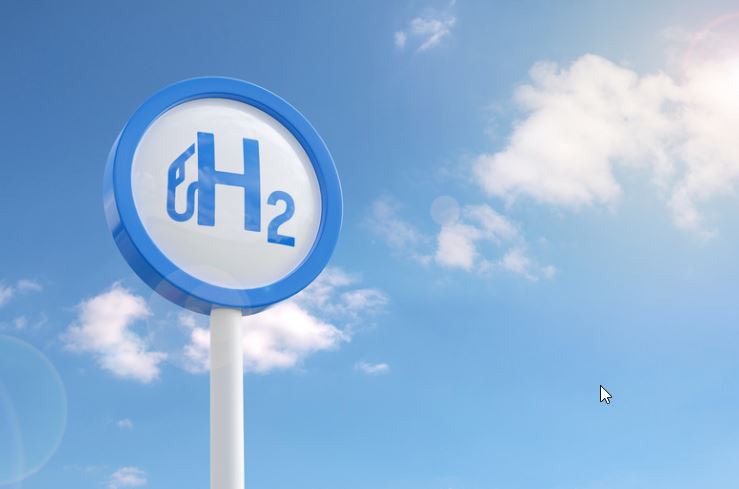Indonesia, a nation rich in natural resources and burgeoning renewable energy potential, is making waves in the realm of sustainable transportation with the introduction of locally produced green hydrogen as a game-changing fuel alternative.
As the state-owned power giant PLN unveils the country’s first hydrogen refueling station in Jakarta, the landscape of transportation fuels is poised for a transformative shift.
The primary goal of Indonesia’s foray into green hydrogen technology is to pioneer sustainable mobility solutions that address pressing environmental concerns while bolstering energy independence. By leveraging domestically produced green hydrogen, sourced from renewable energy assets such as rooftop solar and geothermal power plants, Indonesia aims to reduce reliance on imported fossil fuels and curb carbon emissions associated with traditional transportation fuels.
Green hydrogen, produced through electrolysis using renewable electricity, holds immense promise as a clean and versatile energy carrier. The process involves splitting water molecules into hydrogen and oxygen, with renewable energy sources powering the electrolysis process. In Indonesia’s case, green hydrogen is generated from existing rooftop solar installations and geothermal power plants, ensuring a sustainable and locally sourced fuel supply for transportation.
The adoption of locally produced green hydrogen as a transport fuel has the potential to revolutionize the affordability and sustainability of transportation in Indonesia. PLN’s claim that green hydrogen is cheaper per kilometer than both battery electric vehicles (BEVs) and gasoline vehicles underscores the economic viability of hydrogen as a fuel alternative. Moreover, by reducing carbon emissions and mitigating air pollution, green hydrogen can contribute to Indonesia’s efforts to achieve its climate goals and enhance environmental sustainability.
PLN’s inauguration of Indonesia’s first hydrogen refueling station marks a significant milestone in the country’s journey towards sustainable transportation. As a pilot project aimed at exploring the technical, operational, and commercial feasibility of hydrogen as a fuel, the initiative lays the groundwork for future advancements in hydrogen infrastructure and adoption. While the refueling station is not yet open to the public, its development underscores PLN’s commitment to driving innovation and sustainability in Indonesia’s transport sector.





